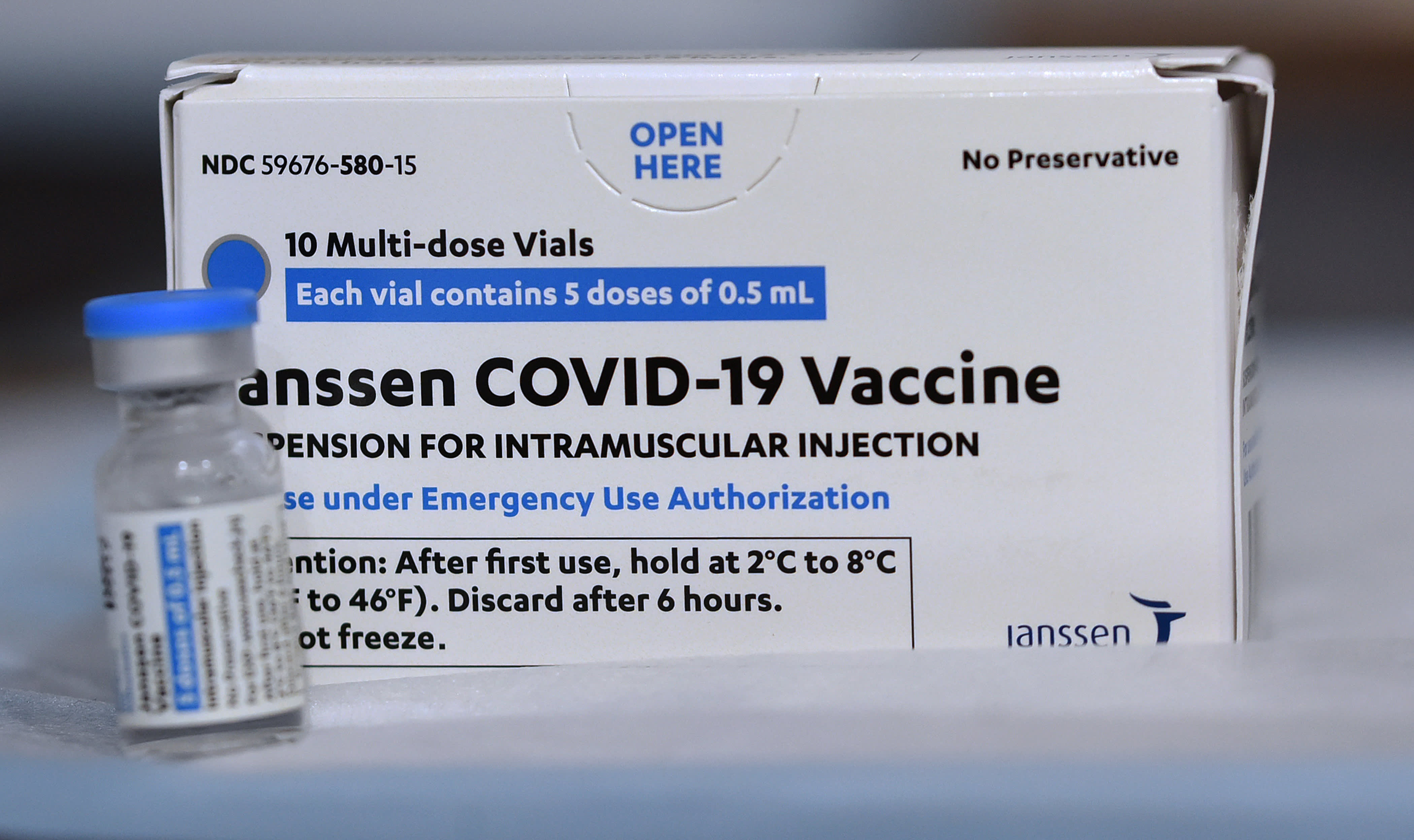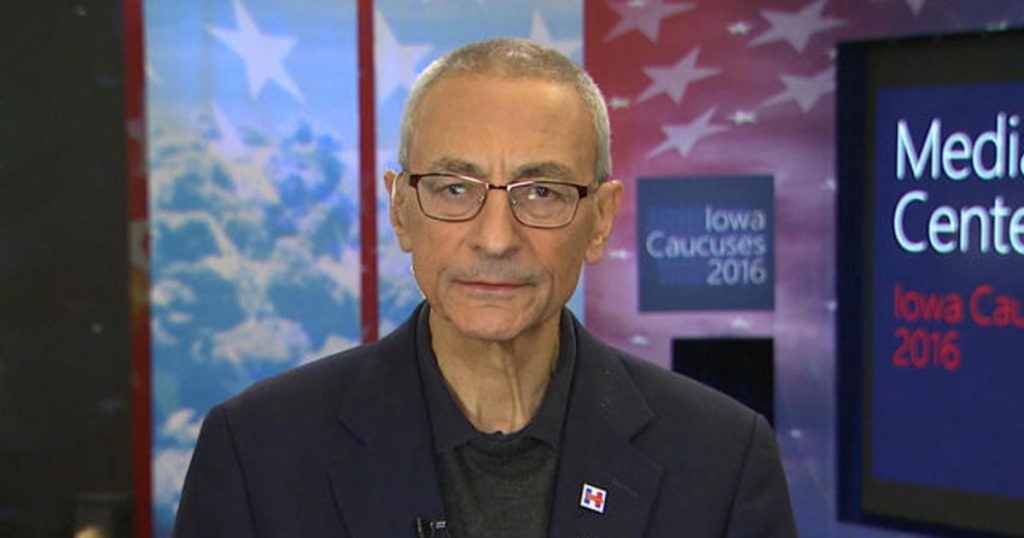
Johnson & Johnson COVID-19 vial and box seen at a vaccination site. Doses of the Johnson & Johnson vaccine are being administered throughout the state of Florida despite a small number of patients who have experienced adverse reactions, including blood clots.
Paul Hennessy | LightRocket | Getty Images
The Food and Drug Administration asked states on Tuesday to temporarily halt using Johnson & Johnson‘s Covid-19 vaccine “out of an abundance of caution” after six women in the U.S. developed a rare blood-clotting disorder.
“Right now, these adverse events appear to be extremely rare,” the FDA said in a joint statement with the Centers for Disease Control and Prevention. “COVID-19 vaccine safety is a top priority for the federal government, and we take all reports of health problems following COVID-19 vaccination very seriously.”
A White House spokesman referred CNBC to HHS when asked for comment.
All six cases occurred in women ages 18 to 48, with symptoms developing six to 13 days after they received the shot. Doctors typically treat that type of blood clot with heparin, but health regulators noted that could be dangerous in this case and recommended a different treatment.
J&J said in a statement that “no clear causal relationship” has been identified between the blood clots and the vaccine, adding it is working closely with regulators to assess the data.
People who receive the vaccine and “develop severe headache, abdominal pain, leg pain, or shortness of breath within three weeks after vaccination should contact their health care provider,” the FDA and CDC said.
After the news, first reported by The New York Times, shares of J&J were down 2.4% in premarket trading Tuesday.
The CDC will convene a meeting of the Advisory Committee on Immunization Practices on Wednesday to further review the cases, federal health regulators said Tuesday. The FDA is also investigating the cases.
J&J’s vaccine, like Pfizer’s and Moderna’s, received emergency use authorization from the FDA to start distributing the doses across the U.S. An EUA grants conditional clearance based on two months of safety data, pending another submission for full approval, which usually requires at least six months of data.
J&J submitted its Covid vaccine data to the FDA in February, and no specific concerns were identified at the time when analyzed by age, race and comorbidities, according to the agency. The FDA said at the time the most common side effects reported were headache and fatigue, followed by muscle aches, nausea and fever.
It’s unclear how the pause will impact J&J’s goal to deliver 100 million doses to the U.S. by the end of May. The company has already been plagued by manufacturing issues after a plant run by Emergent BioSolutions ruined 15 million doses of the vaccine.
Last week, Europe’s medicines regulator said it found a possible link between the coronavirus vaccine developed by AstraZeneca and the University of Oxford and rare blood-clotting issues. AstraZeneca has not received authorization for use in the U.S.
Emer Cooke, executive director of the European Medicines Agency, said in a televised news conference last week that unusual blood clotting with low blood platelets would be added as a “very rare” side effect to the AstraZeneca vaccine’s product information, along with a slew of other possible adverse reactions.
The J&J and AstraZeneca vaccines use an adenovirus, a common type of virus that typically causes mild cold symptoms.

